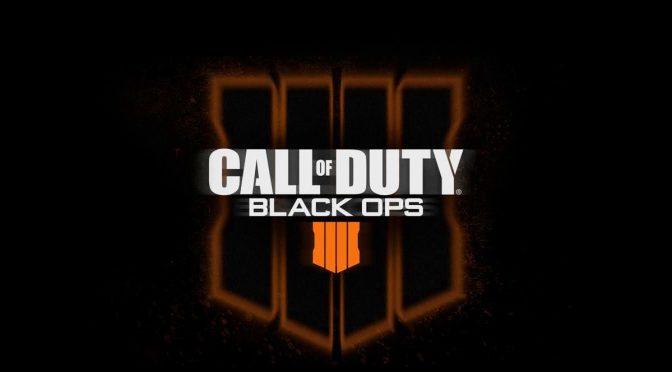Call of Duty: Black Ops 4 has been available since last week, however it appears that its server send rates have been significantly downgraded/lowered. While the beta supported 60hz rates, the multiplayer mode in the final version supports 20hz rates, making it feel a lag-fest.
YouTube’s ‘Battle(non)sense’ reports that while the beta ran with 60hz server send rates, the final build now runs with 20hz rates. This basically means that the game sends data at a rate of 20hz, despite players running the game with really high framerates like 90fps or 120fps.
Practically, this means that you may empty an entire magazine at an enemy and not kill him/her mainly due to these low tickrate values. It also means that you can’t get a proper feeling of hitting or getting hit as the tickrates are significantly lower than your “local” framerates.
Still, there are some good news, at least for those playing Blackout. In its open beta phase, Blackout had 10hz tickrates and right now it has 20hz tickrates. Things improved in this particular mode, however they are still not ideal.
Some speculate that this is due to the huge amount of gamers currently playing Black Ops 4, and that things may improve in the future. However, and since Black Ops 4 is a multiplayer-only game, Treyarch, Activision and Beenox should focus on offering a smooth experience and not on cutting corners here and there.
It will be interesting to see when and if Treyarch will re-enable 60hz tickrates, and whether we’ll ever get tickrates close to 100hz for both the Multiplayer and the Blackout modes!

John is the founder and Editor in Chief at DSOGaming. He is a PC gaming fan and highly supports the modding and indie communities. Before creating DSOGaming, John worked on numerous gaming websites. While he is a die-hard PC gamer, his gaming roots can be found on consoles. John loved – and still does – the 16-bit consoles, and considers SNES to be one of the best consoles. Still, the PC platform won him over consoles. That was mainly due to 3DFX and its iconic dedicated 3D accelerator graphics card, Voodoo 2. John has also written a higher degree thesis on the “The Evolution of PC graphics cards.”
Contact: Email

